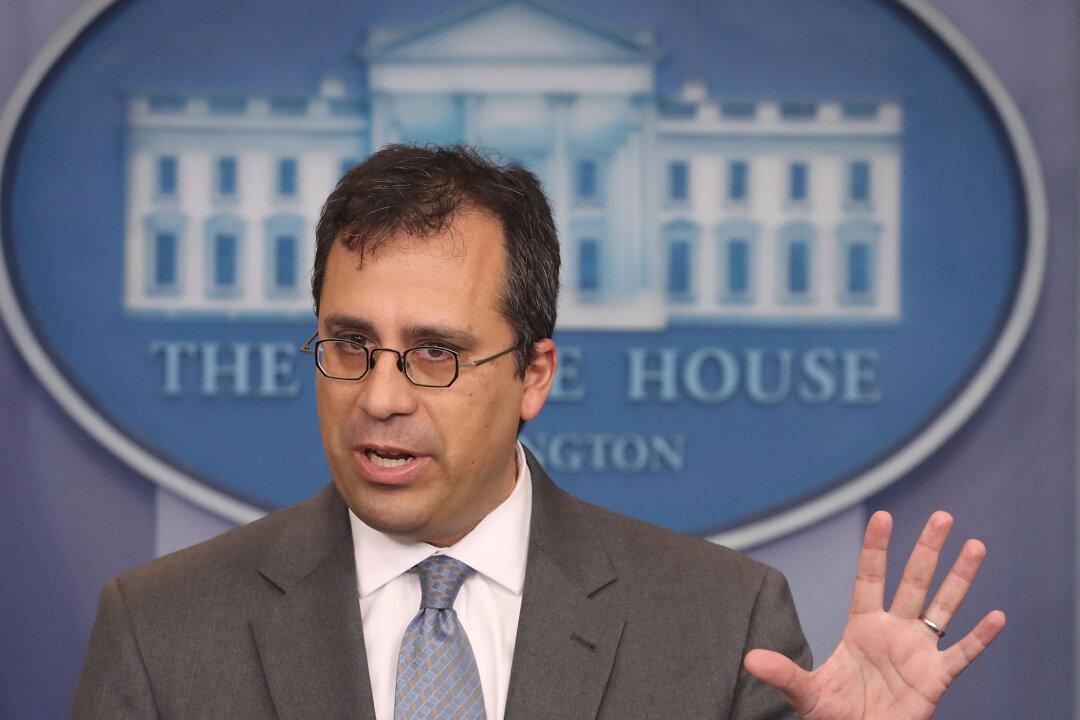A long-anticipated plan to enforce provisions in the nation’s immigration laws that require prospective immigrants to be able to support themselves financially—so-called public-charge provisions—might be introduced by the Trump administration this month.
The proposed regulations, defining the phrase “public charge” under Section 212(a)(4) of the Immigration and Nationality Act, may be published this fall, and possibly as early as this month, according to a person close to the rulemaking process of the Department of Homeland Security (DHS) who requested anonymity.





